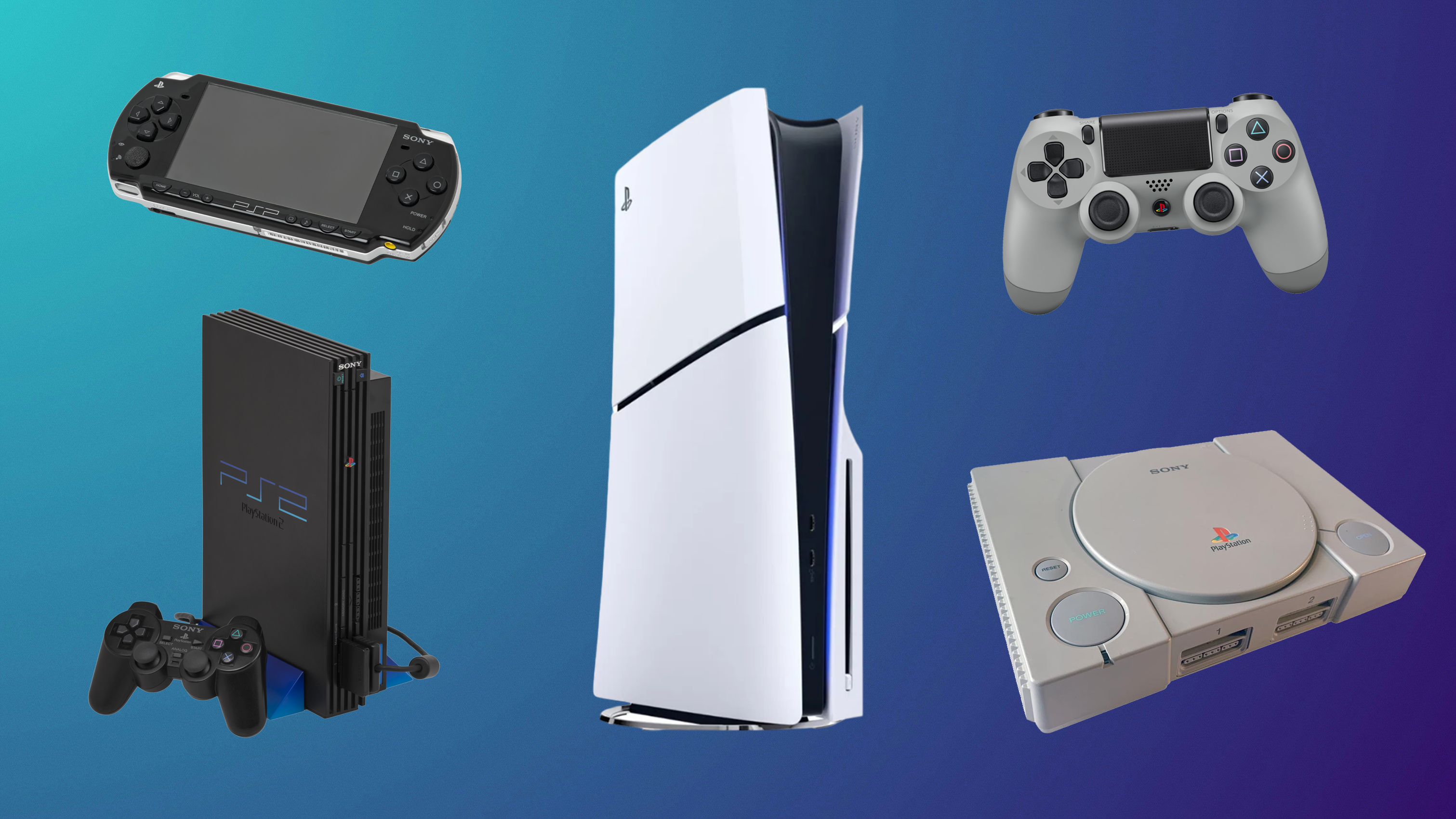reddeadplace.com – Since its debut in the mid-1990s, the PlayStation brand has become a global phenomenon, shaping the gaming industry with innovation, iconic titles, and groundbreaking technology. Sony’s journey into the console market revolutionized how we experience video games, creating a legacy that spans generations of players. Here’s a look back at the fascinating history of PlayStation consoles, from its humble beginnings to the powerhouse it is today.
The Birth of PlayStation (1994–2000)
The PlayStation story began with a failed collaboration between Sony and Nintendo in the early 1990s. Sony was initially developing a CD-ROM add-on for the Super Nintendo Entertainment System (SNES), but the deal fell apart due to disagreements. Instead of scrapping the project, Sony decided to develop its own console—and thus, the PlayStation was born.
Released in Japan on December 3, 1994, and globally in 1995, the PlayStation (PS1) was a trailblazer. It was one of the first consoles to use CDs instead of cartridges, allowing for larger and more detailed games. With iconic titles like Final Fantasy VII, Crash Bandicoot, and Metal Gear Solid, the PlayStation sold over 100 million units worldwide, making it the first gaming console to reach such a milestone.
PlayStation 2: The Best-Selling Console (2000–2006)
In March 2000, Sony released the PlayStation 2 (PS2), which quickly became a cultural phenomenon. With backward compatibility for PS1 games and a built-in DVD player, the PS2 appealed to gamers and non-gamers alike. Its extensive library, featuring hits like Grand Theft Auto: San Andreas, God of War, and Shadow of the Colossus, cemented its status as a favorite among players.
The PS2 remains the best-selling console of all time, with over 155 million units sold. Its longevity and diverse game library helped define an era in gaming, making it a beloved console for millions.
PlayStation 3: A Challenging Transition (2006–2013)
The PlayStation 3 (PS3), launched in 2006, marked a significant leap in gaming technology with its high-definition graphics, Blu-ray drive, and powerful Cell processor. However, its high launch price and complex architecture posed challenges for developers and consumers. Despite these hurdles, the PS3 eventually found its footing, thanks to exclusive games like Uncharted, The Last of Us, and LittleBigPlanet.
Sony’s focus on online gaming with the introduction of the PlayStation Network (PSN) also set the stage for the future. By the end of its lifecycle, the PS3 sold over 87 million units, proving its resilience despite a rocky start.
PlayStation 4: The Return to Greatness (2013–2020)
In 2013, Sony unveiled the PlayStation 4 (PS4), a console designed with gamers in mind. The PS4 prioritized ease of development, affordability, and a strong lineup of exclusive titles, including Horizon Zero Dawn, Bloodborne, and Spider-Man. Its user-friendly interface and social features, such as game streaming and sharing, resonated with players worldwide.
The PS4 was a massive success, selling over 117 million units, and solidified Sony’s dominance in the console market. It also introduced PlayStation VR, marking Sony’s entry into the world of virtual reality gaming.
PlayStation 5: The Future of Gaming (2020–Present)
Released in November 2020, the PlayStation 5 (PS5) is the latest chapter in Sony’s console legacy. With lightning-fast SSD storage, ray tracing technology, and a custom-designed DualSense controller featuring haptic feedback and adaptive triggers, the PS5 offers an immersive gaming experience like never before. Backward compatibility with PS4 games and an impressive lineup of exclusives, including Demon’s Souls, Ratchet & Clank: Rift Apart, and God of War: Ragnarok, have made the PS5 a hot commodity.
Despite supply chain challenges during its launch, the PS5 continues to break sales records, showcasing the enduring popularity of the PlayStation brand.
The Legacy of PlayStation
Over nearly three decades, PlayStation has grown from a single console into a global entertainment empire, shaping the gaming industry with innovation and creativity. From the groundbreaking PS1 to the cutting-edge PS5, each generation has introduced new technologies, unforgettable games, and countless memories for players worldwide.
The PlayStation story is not just about consoles; it’s about the community of gamers who have embraced the platform and the visionaries who continue to push the boundaries of what’s possible in gaming. As we look to the future, one thing is certain: PlayStation will remain at the forefront of gaming innovation, inspiring players for generations to come.






